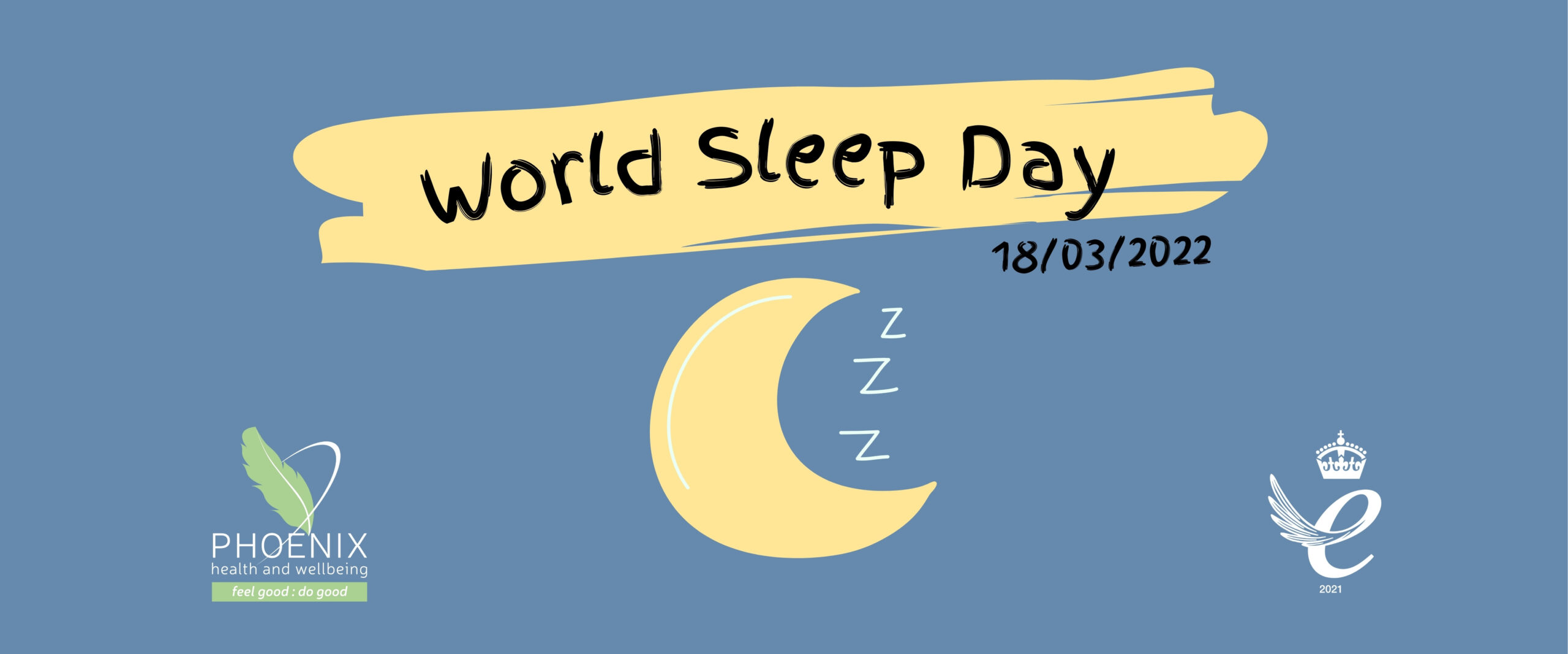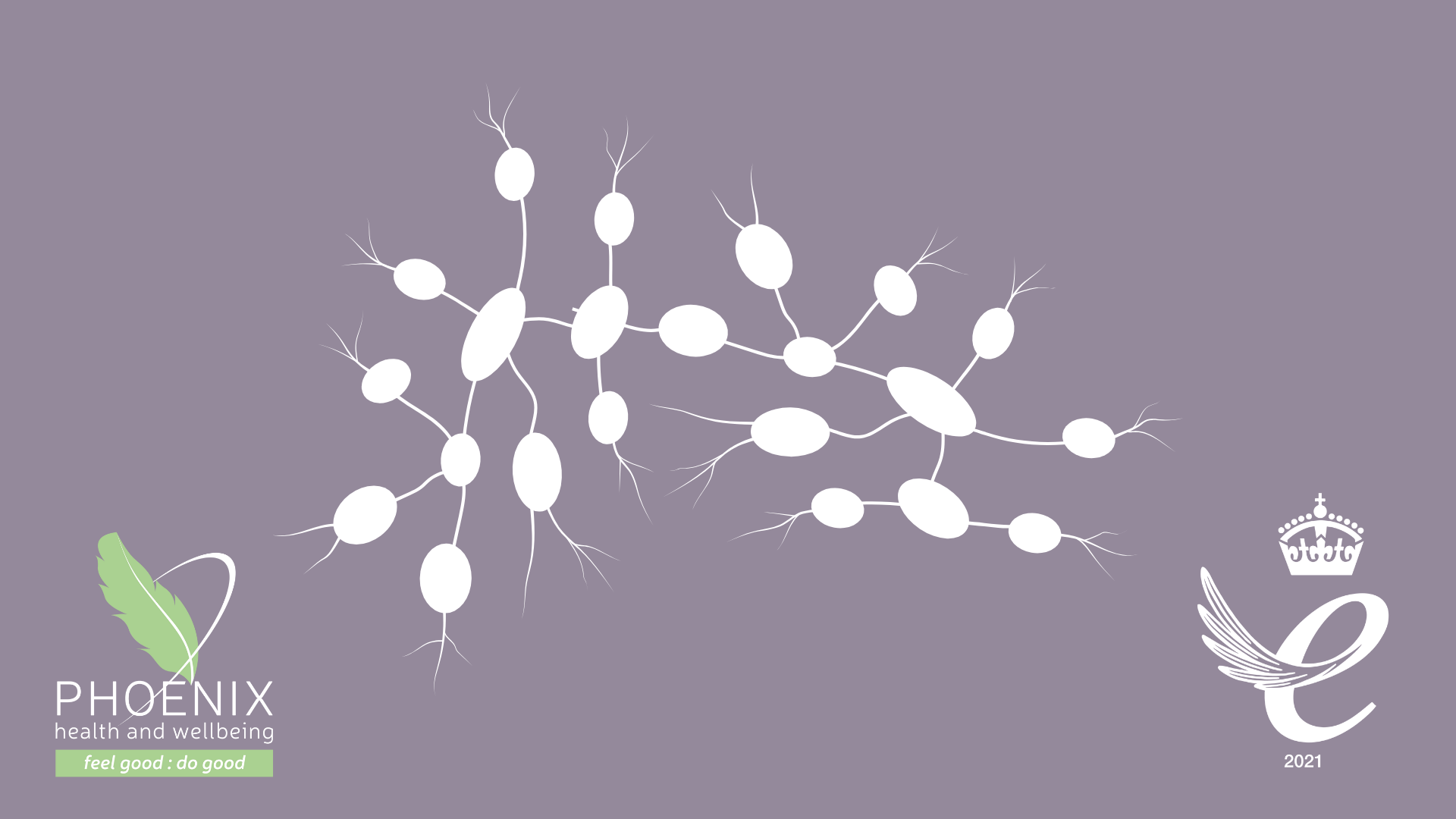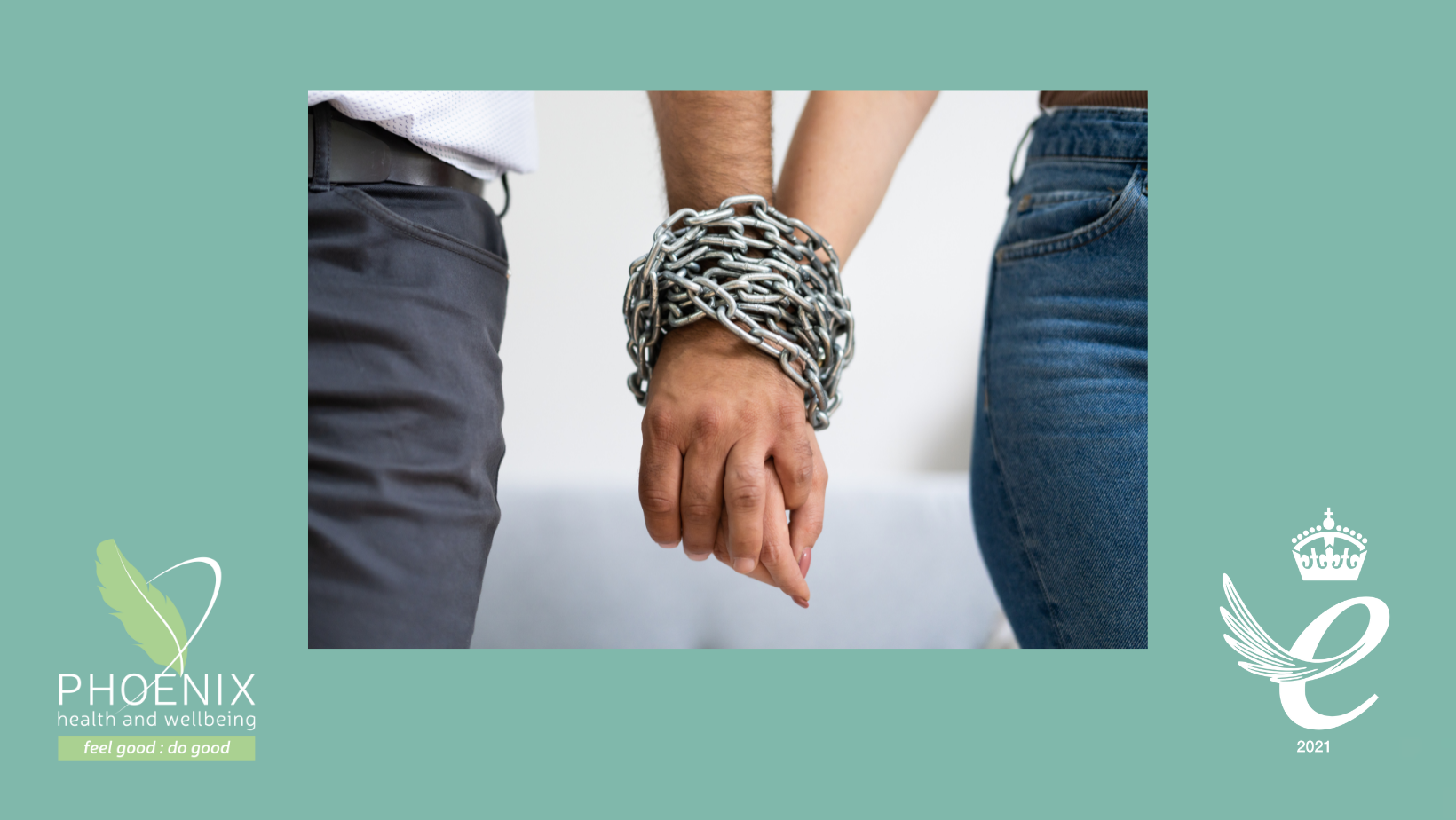
How to be a bad sleeper: tips and tricks for a terrible night’s sleep
Friday 18th March is World Sleep Day, an annual event organised by the World Sleep Society (WSS). The event aims to celebrate the importance of sleep and raise awareness of disorders, like insomnia or sleep apnoea. According to the event’s website, although most sleep disorders are preventable or treatable, less than one-third of sufferers seek professional help.
The WSS names three elements of good quality sleep: duration, continuity and depth. I thought these would be a great starting point for an overview of my own sleep pattern, which appears to actively disregard any of these three essential elements. I am a self-diagnosed ‘bad sleeper’ and these three elements are mostly absent from my nightly schedule.
Duration
“The length of sleep should be sufficient for the sleeper to be rested and alert the following day”
How much shut eye we need varies from person to person, but its recommended between 7-9 hours. For me, I’m lucky if I get 5! The groggy morning feeling is all too familiar for me.
Continuity
“Sleep periods should be seamless without fragmentation”
This means that we shouldn’t be waking up several times throughout the night, or if we do, we return to sleep easily. My brain seems to love to trick me into a false sense of security. I’m finally asleep then, bam! Time to wake up 20 times throughout the night. No seamlessness here.
Depth
“Sleep should be deep enough to be restorative”
Deep sleep acts as brain medicine. It helps the brain to create and store new memories, and to recover from a day of thinking.
I know that I rarely get enough deep sleep. I have restless and endless dreaming throughout the night. Vivid dreams are a marker of light sleeping. I suppose this is the one aspect of my rubbish sleeping ability that I don’t mind – dreams can be fun! But not when they’re a barrier for that lovely restorative brain rest.
So what am I doing wrong?
I’m sure by this point, all of the above has amounted to some level of sympathy for me and my dreadful pattern. However, save your pity because, as you’re about to learn, a lot of this is my own fault.
Getting a good night’s sleep
There are loads of things we can do to help us sleep better. Of course, I should make it clear that as far as I’m aware, I’m not a sufferer of insomnia or another disorder. The simple changes I could make to my nighttime routine might work for me, but that’s not to say that all those with a sleep disorder need to simply change how they spend their evenings. Lots of sleep disorders require medical help, which is something that’s not very often sought after.
There are a few simple things that we can change to our routines. Here are some do’s and don’ts.
Screen time
Unfortunately, for many of us most of our time during the day is spent staring at a screen. Whether we’re at school, Uni, working from home or in the office, the digital age has meant that most of our daily tasks are centred around hurting our eyes. This is never good for sleep.
- What I do:
Stay up till the early hours scrolling through social media. One more TikTok, one more YouTube video, just one more Instagram post and suddenly its 3am and I’ve been on my phone for hours.
- What I should do:
Studies show that two or more hours of screen time in the evening can disrupt the melatonin surge needed to fall asleep. Hence why, when I finally manage to put the phone down, sleep is welcomed but tends not to arrive. Best thing to do is avoid staring at a screen at least a couple of hours before bed, and especially a phone screen. If we have to use our phones, we should switch the brightness setting to ‘evening mode’ so that the light is less disruptive.
Caffeine
According to Sleep Foundation, caffeine can lead to insomnia symptoms or worsen pre-existing insomnia.
- What I do:
The endless cycle of being too tired in the day because of bad sleep, so drinking an excessive amount of coffee which leads to bad sleep… which leads to more coffee the next day. If it’s not a coffee it’s a tea, or a caffeinated soft drink. I’ll confess – I’m a bit of a caffeine addict.
- What I should do:
It’s been proven that caffeine taken before sleep even 6 hours before can disrupt your ability to sleep well. Drinking coffee after lunch time should be done with caution. Another tip – switch that coffee to a refreshing glass of water! Water intake also affects sleep, so if we go to bed dehydrated, we’re less likely to sleep well.
Routine
Bedtime routines are simply a way of letting our brains know that it’s time to sleep. Doing the same thing at roughly the same time each night means that your brain begins to recognise those activities as the leadup to a good night’s sleep.
- What I do:
Some days I’ll try to get to bed at 11, some days it’ll be 3am. I never seem to be able to stick to a consistent time to go to bed. This includes dinner time – which either happens at 5pm or 10 at night.
- What I should do:
Try going to bed and waking up at a similar time every day. That way your brain will start to recognise when it’s time to shut off. Routines also help to reduce late-night stress and anxiety. You should try to avoid having a heavy meal just before bed and instead have a light snack, take a warm bath or a shower, meditate, read a book, tidy and prep your room for the night. These little things will help you to relax into a blissful, consistent sleep.
Learning together
Hopefully in the process of learning how to be a bad sleeper, you’ve also learnt how to be a good one. I know that these simple things are very easy to do and will result in a far better sleep than I get. Sleep really can work wonders for mental health. So just for World Sleep Day, I’m going to try all these things, and if you’re a bad sleeper like me, you should too!
Phoenix Health & Wellbeing is a Charity and social enterprise. We use the proceeds of your treatment to subsidise those who would not otherwise be able to access our therapies. Roughly £4 to every £10 spent with us will go to help others.
If you would like more information about Phoenix Health and Wellbeing click here . If you would like to know more about our other therapies click here. For information on our charitable work follow this link or call us on 0113 234 0181
Opening times:
Monday to Thursday from 10:00 to 20:00
Friday and Saturday from 11:00 to 16:00
Sunday closed.




